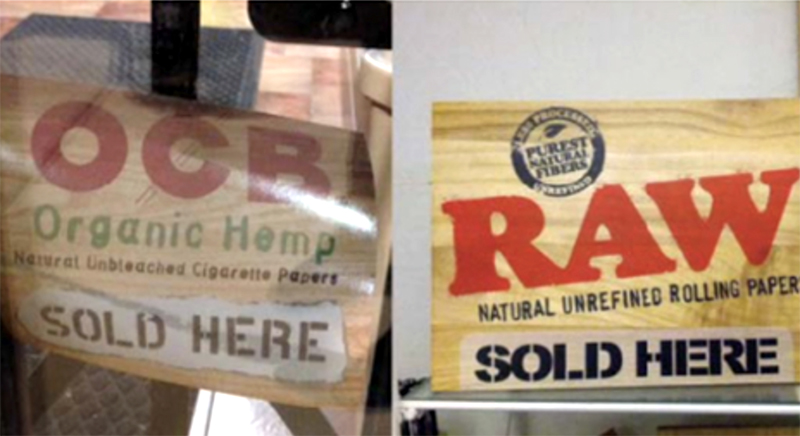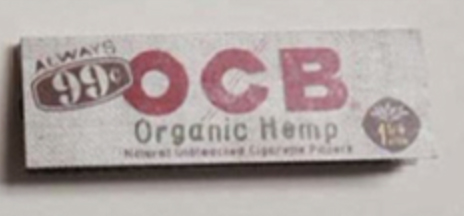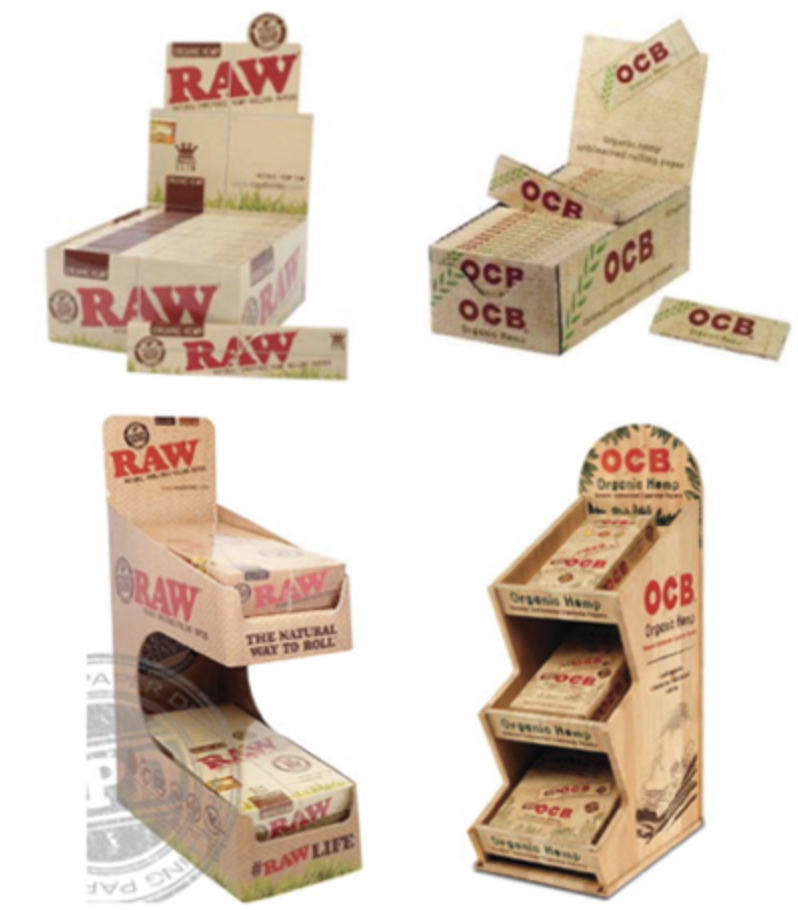Features
Copyright accusations stick in RAW, OCB rolling paper lawsuit
Published on June 9, 2023 by David Wylie
 Photo: Contributed
Photo: Contributed An “epic” seven-year legal battle between rival rolling-paper titans has ended… at least for now.
A jury found Republic Tobacco, parent company of OCB, willfully infringed on RAW’s trademark and copyright, awarding damages of more than $1 million, plus legal costs.
This is just the latest in a series of lawsuits Republic has launched over the decades against HBI International (RAW’s parent company).
“RAW is still here, despite Republic’s lawsuits,” RAW founder Josh Kesselman says in a statement.
But did RAW really win?
The ubiquitous rolling paper brand took a hard hit to its image earlier this year when a US judge ruled several of their claims were hokey—including the embarrassing determinations that the “RAW Foundation” charity doesn’t actually exist, its rolling papers are not organic, and they’re not really made in Alcoy, Spain. In a feature article, Forbes gave Kesselman the moniker “Pinocchio Of Pot.” Disaffected customers took to social media to vent and went looking for alternatives as they boycotted RAW.
“Ultimately, we are pleased with the outcome, but that doesn’t make this any less frustrating,” says Kesselman.
“At RAW we believe in justice and that the truth will eventually prevail. We never believed we did anything wrong, so the fact that no damages were awarded speaks volumes. We believe business competition is best conducted in the marketplace, rather than in the courts.”
He adds they’re happy to be done with the “time-consuming” lawsuit.

 Photo: Contributed
Photo: Contributed The two rolling paper magnates got their start in a similar way.
Republic is owned by billionaire Don Levin, now in his 70s. He bought a little smoke shop in Chicago, called Adams Apple, in the late 1960s. Through the ’70s, he grew it into a successful distribution company. He has since amassed business holdings that include a paper mill, rolling paper manufacturing facility, and several rolling paper brands, including OCB.
Kesselman started his entrepreneurial journey right out of college in the early 1990s. After getting an A on project researching opening a small smoke shop, he opened a real one, which he called Knuckleheads in Florida. The business took a big hit after police seized most of his inventory during a raid in ’96. Kesselman pivoted, focusing on rolling papers because they weren’t illegal.
Lawsuit after lawsuit
The two companies have been at odds for years. Levin has sued Kesselman several times, claiming tens of millions in alleged damages.
“Republic has persistently filed lawsuit after lawsuit against our company, perhaps because of our success,” speculates Kesselman. “We’re hopeful that Republic will now cease its relentless effort to destroy our business and focus, like us, on helping the emerging cannabis industry achieve greater equity in the marketplace.”
Kesselman says the company intends to donate the net proceeds of the lawsuit to organizations working to help small businesses in the cannabis field, particularly startups involving people previously convicted of non-violent cannabis-related crimes.
 Photo: Contributed
Photo: Contributed RAW says this most recent case started in 2016 when they contacted Republic to point out the similarity between RAW’s Organic Hemp product packaging and Republic’s OCB Organic Hemp paper packaging. Republic also created merchandising that RAW argues infringed its copyrighted design.
According to RAW, they only asked for the companies to talk about it. However, Republic responded by suing RAW in federal court in Illinois, seeking a declaratory judgment saying it had not infringed on anything.
RAW counterclaimed for infringement, and then Republic brought a series of allegations that RAW had made misstatements on its products and marketing materials and that RAW was illegal marijuana paraphernalia.
Republic also alleged that RAW papers and all cones were illegal products because of their association with cannabis and celebrity smokers including Wiz Khalifa and Miley Cyrus, says RAW, adding that claim never made it to trial.
Kesselman says he hopes this decision will end Republic’s decades-long litigation campaign.
“It’s an extreme but familiar business strategy—sue the competition,” says Kesselman.
“They’ve filed hundreds of other lawsuits against other competitors and customers. Thankfully, with the continued support of our customers, we are successful enough to afford to fight off these claims and shine a critical light on Republic’s business practices. We should compete in innovation, not litigation. We are never going to sell out to Republic.”
Leave a comment on our Facebook page.
© Copyright 2023 Okanagan Z. | About the oz.
Report a Typo or Inaccuracy
We strive to avoid typos and inaccuracies. However, on occasion we make mistakes. We value your contributions and help in correcting them.